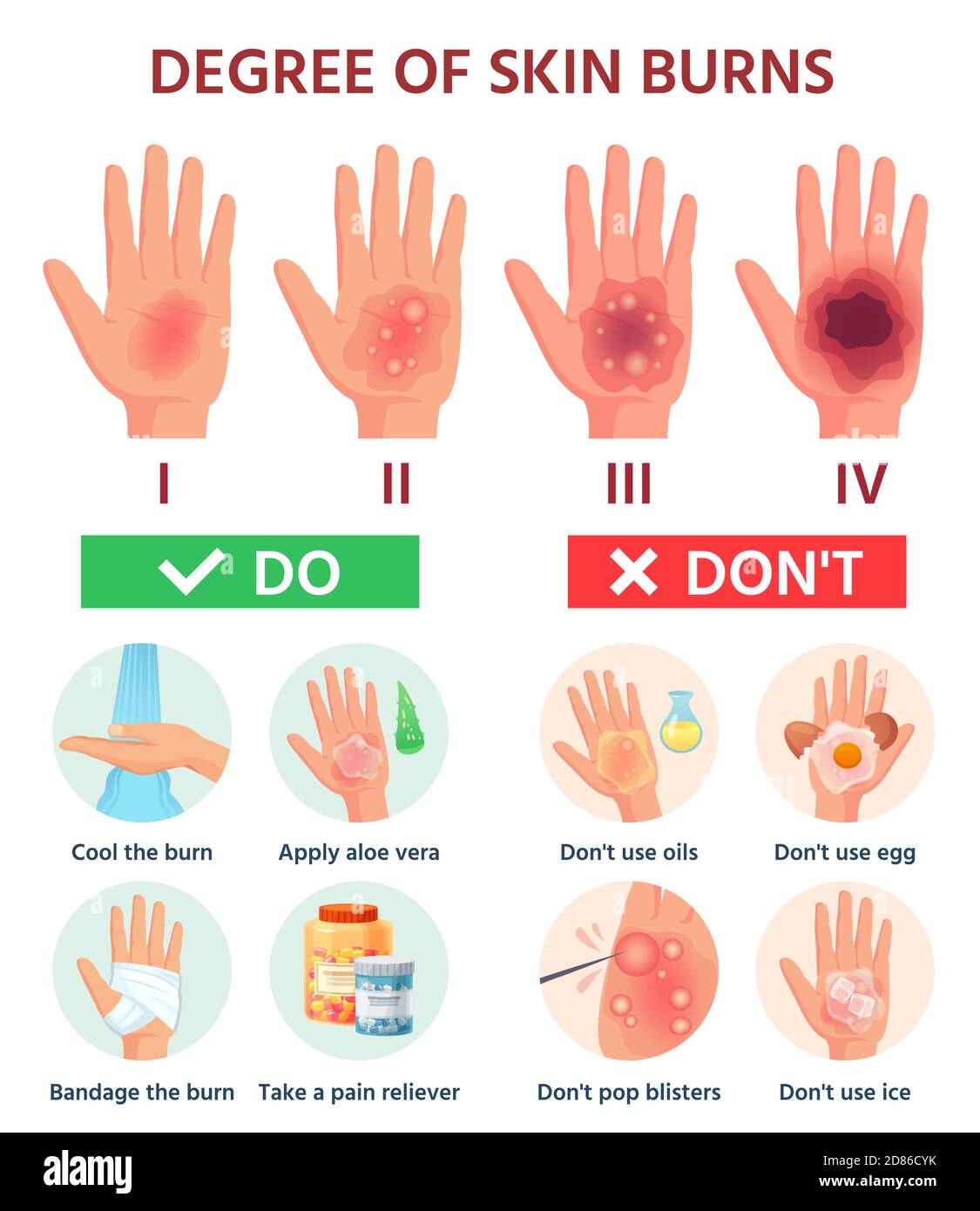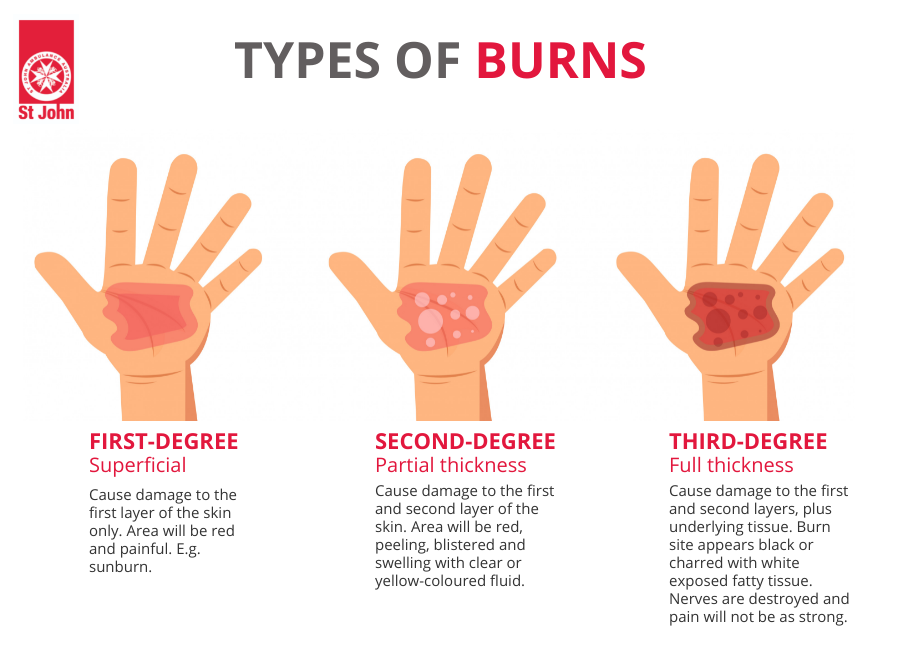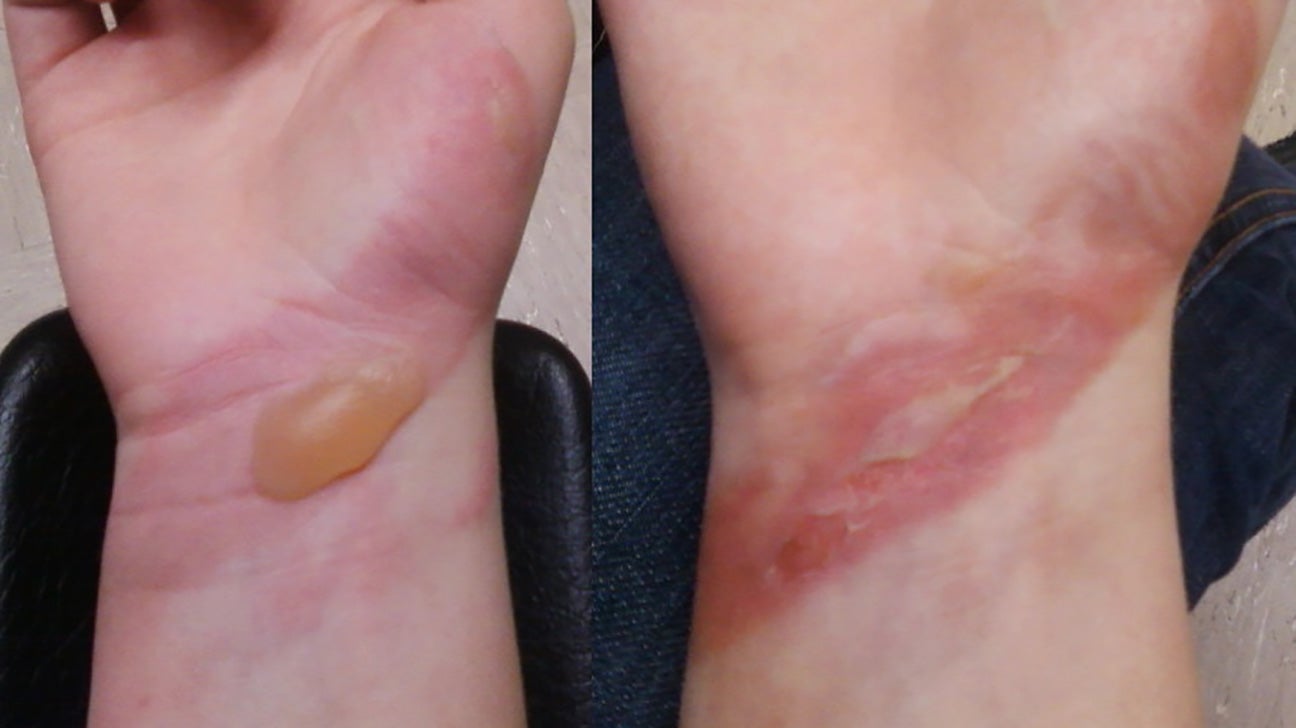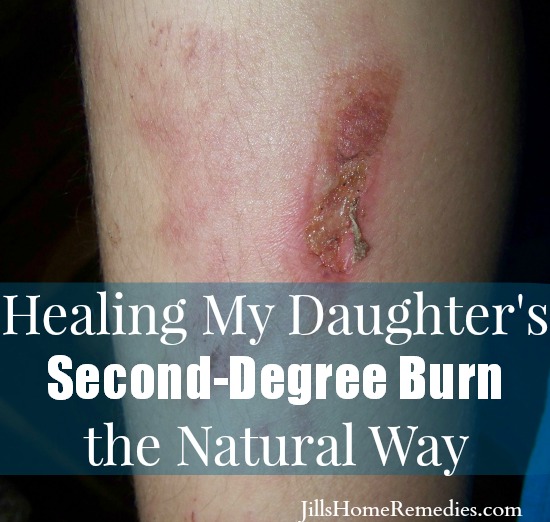Matchless Info About How To Treat First And Second Degree Burns

Flush chemical burns with water for 30 minutes, even for a small area.
How to treat first and second degree burns. We look at the treatment, prevention and complications of burning yourself: Watch for signs of shock. Once the area is cooled down, you can clean the burn with mild soap.
This type of burn affects both the epidermis and the second layer of skin (dermis). Signs and symptoms include cool, clammy skin, weak pulse and shallow breathing. And burns of any degree on an infant or elderly person should be evaluated by a professional.
They’re the most common type of burn. These burns will blister, may scar, and usually require medical treatment to heal. You may want to use petroleum jelly or an antibiotic cream or ointment, like bacitracin or triple antibiotic ointment.
Symptoms definition treatment contacting a doctor recovery time preventing scarring summary many first degree burns are sunburns, but others result from contact with a hot stove, a hot liquid,. So, what's the difference between first, second and third degree burns and what's the best first aid method? First aid for minor burns minor burns that do not break the skin can be treated at home with simple first aid.
It may cause redness and pain. Cool burn hold burned skin under cool (not cold) running water or immerse in cool water until the pain subsides. This technique will alleviate the pain without making the damage worse.
Immerse the area in cool water for. They affect the outer layer of skin, called the epidermis, and part of the second. Rinse it ideally for 15 to 30 minutes.
Immediately immerse the burn in cool tap water or apply cold, wet compresses. Treating minor burns for minor burns: It may cause swelling and red, white or splotchy skin.
Lift the wound above heart level if possible. It will be painful and is often blistered. Do not use soap or any cleaning solution.
Put the affected area in cool water or apply a cold, wet compress. Using something too cold can cause more damage to the skin's tissues. Apply petroleum jelly a few times each day.
This minor burn affects only the outer layer of the skin (epidermis). It may look brown, black or white, and feel dry and leathery. Hot liquid spilled from a pot on the stove or the steam emitted from hot liquid.












:max_bytes(150000):strip_icc()/degrees-of-burns-1298906_v2-b34a363d24824c8b935448fe774a753d.png)





